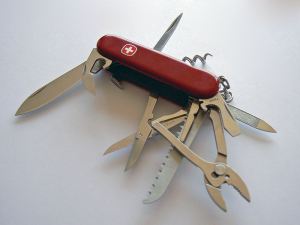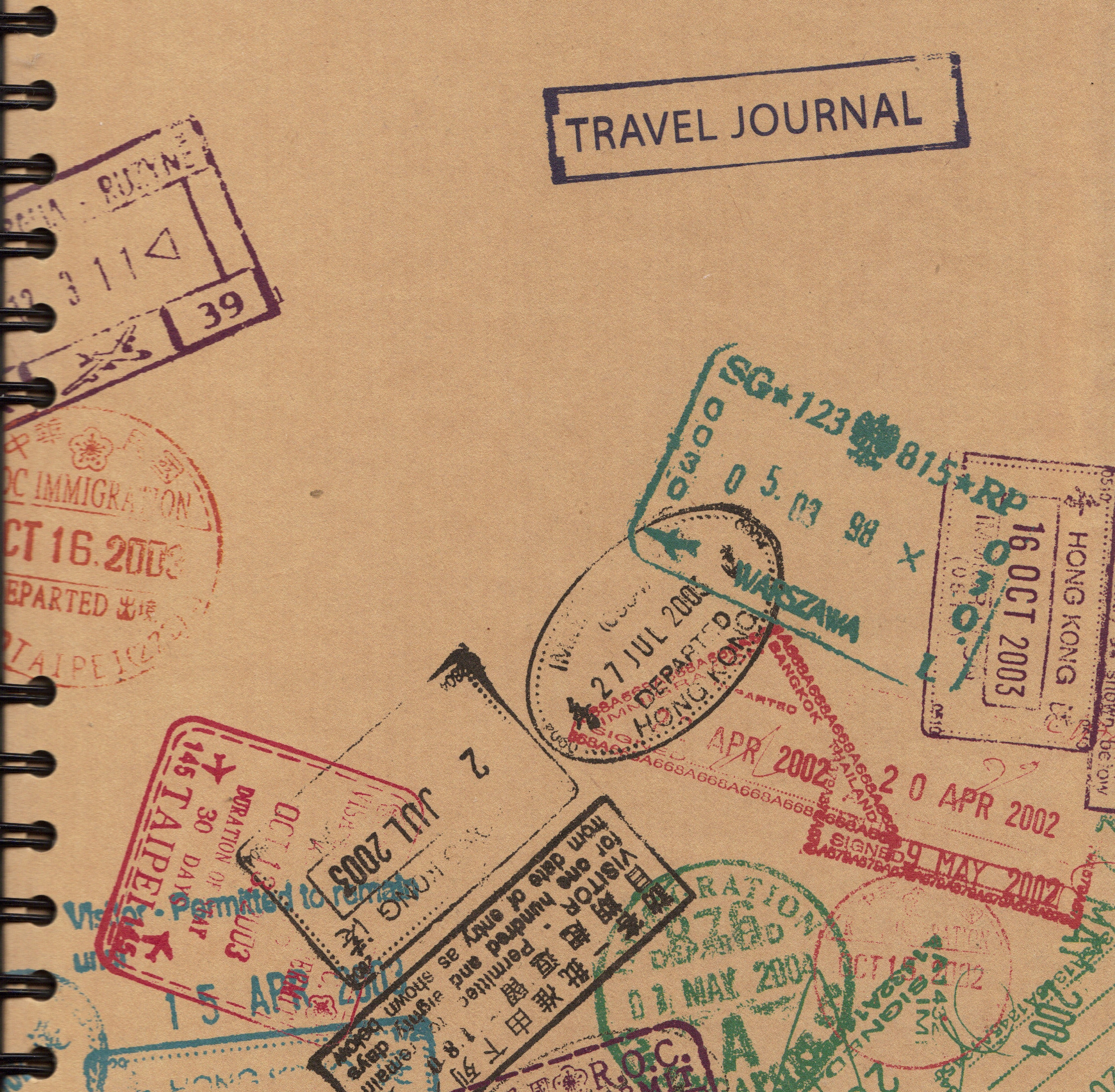
In the morning we had a good late breakfast and the friendly owner of the hotel Sulzburg looked up the ferry crossing times for us on the internet website and the crossing scheduled for twenty past eleven looked absolutely perfect, so we checked out, said goodbye, promised to come back and set off towards Romanschorn.
We drove along the Seestrasse which runs directly along the side of the lake, first through the municipality of Horn which although being in the Canton of Arbon is separated from it by a part of the Canton of St. Gallen, and then the town of Arbon where I calculated that we had time to spare and so we parked the car and walked along the lake for one last look across the water from the Swiss side.
It was a lovely town, spotlessly clean with no litter or graffiti, manicured lawns and immaculate flower beds. Switzerland was voted second in the World quality of life survey carried out by the Economist Intelligence Unit in 2006 and I imagine that a town like Arbon must have helped secure the high score (if you are wondering, France was first and the United Kingdom was eighteenth). In the same survey, out of the top ten cities voted best to live in, Switzerland had three, Geneva, Zurich and Bern.
There was still plenty of spare time to get to the ferry terminal but then things went badly wrong and I followed signs to the passenger ferry instead of the car ferry and ended up on the wrong side of the harbour. The ferry was in and cars were driving on but I just couldn’t find a way to get there. Finally I had to drive out of the town and start again and we eventually arrived at the terminal to watch the ferry passing out of the harbour entrance.
The ferries run every hour so the only thing to do was to park the car and take a short walk into the town and have a relaxing beer and calm down. We found a hotel with tables outside and we sat in the sun and talked about our holiday.
We tried to agree on five things that make Switzerland famous. Our final choice might have included Roger Federer or Ursula Andress but in the end we agreed upon Swiss watches of course, that was obvious, cuckoo clocks because even though they are strictly speaking from Germany the Swiss were important for the ‘chalet’ style that they introduced at the end of nineteenth century and is the sort of cuckoo clock where it is common to have a Swiss music box with tunes like ‘Edelweiss’ and ‘The Happy Wanderer’. Muesli, which was introduced around 1900 by the Swiss doctor and nutritionist Maximilian Bircher-Benner for patients in his hospital in Zurich. Toblerone, the Swiss chocolate bar found in every airport duty-free shop that was invented by Theodore Tobler in 1908 in his factory in Bern but most of all we had to agree on the Swiss Army knife.
Various models of Swiss Army knives exist, with different tool combinations for specific tasks. The most common tools featured are, in addition to the main blade, a smaller second blade, tweezers, toothpick, corkscrew, can opener, bottle opener, slotted screwdriver, flat-head screwdriver, phillips-head screwdriver, nail file, scissors, saw, file, hook, magnifying glass, ballpoint pen, fish scaler, hex wrench w/bits, pliers and key chain. Recent technological features include USB flash drives, digital clock, digital altimeter, LED light, laser pointer, and MP3 player.
That’s a startling collection of potential weapons in one utensil but I can’t help thinking that it was a good job Switzerland didn’t go to war with Germany because I can’t imagine Hitler’s crack Panzer division being turned back by an army wielding nail-files and toothpicks. Manufacturers today supply over fifty thousand a year to the Swiss Army which works out at a new knife for every soldier just about every three years or so.
We decided that we liked Switzerland and wished that we could spend another couple of days here. When it was time to leave we paid for our drinks with what has to be some of the finest bank notes in the world. Everyone knows that the Swiss are fond of money and they leave no one in any doubt of this with the quality of their notes. Not only are they brilliantly colourful but they are printed on high quality paper as well.
These bank notes reminded me of my dad’s insistence on always returning home from foreign holidays with currency for his personal treasure chest. Even if it was 90˚ in the shade and everyone was desperate for a last drink at the airport dad was determined to bring a souvenir note or coin home and would hang on with a steadfast determination and would deny last minute drinks to everyone so long as he could get his monetary mementos back home safely. How glad I am of that because now they belong to me and my left-over Swiss bank notes have been added to the collection.
Soon it was time to go so not wishing to miss a second ferry we returned to the terminal in good time, joined the queue of traffic and eventually boarded the boat. We took a seat on the top deck and watched Switzerland slip away and Germany draw closer and as we looked back there was a dramatic sky with big rolling clouds over the Alps and a tourist zeppelin negotiating its route around the edge of the lake.
After forty minutes we were back in the Federal Republic and passing through customs and reassuring the border guards that we had nothing to declare. This all seemed a bit unnecessary but I suppose Switzerland isn’t in the European Union and rules are rules! Interestingly Germany has more neighbours and borders on mainland Europe than any other European country, which I suppose partly explains why they were so dangerous at various times in the nineteenth and twentieth centuries.
No prizes but see if you can name all nine, the answer is at the foot of the page.
Germany’s neighbours:
Austria, Belgium, Czech Republic, Denmark, France, Luxembourg, Netherlands, Poland and Switzerland. At various times in the twentieth century it has invaded or annexed all of them except Switzerland. Lucky Switzerland! Austria and France both have eight European mainland neighbours.





I’m having deja vu from this post of yours, Andrew. Hubby and I went camping in Switzerland way back in 2001. We had a great time but back then, it was already so expensive there except for the petrol. We brought as much supplies with us as possible (even potatoes which is really very Dutch).